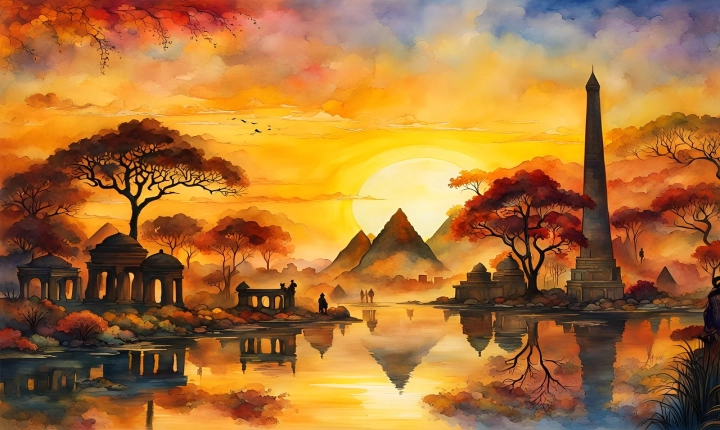Title: The Rise of AI in Cameras: A Game-Changer in Visual Technology
In recent years, the integration of artificial intelligence (AI) into camera technology has revolutionized the way we capture and interact with visual content. From smartphones to security cameras, AI-driven features are enhancing the capabilities of cameras and reshaping the photography and video industry.
One of the most significant impacts of AI in cameras is the enhancement of image quality. AI algorithms are now being utilized to process and enhance images in real-time, resulting in sharper, more vibrant photos and videos. These algorithms can adjust settings such as exposure, white balance, and focus to optimize image quality in various lighting conditions, ultimately delivering superior visual content to users.
Furthermore, AI-powered cameras are also equipped with advanced object and scene recognition capabilities. This allows them to identify and track subjects, detect facial expressions, and recognize objects within the frame. As a result, AI-driven cameras can automatically adjust focus and exposure to optimize the capture of subjects, ensuring that every shot is perfectly framed and focused.
Moreover, AI is making waves in the realm of smart cameras and surveillance systems. With the ability to analyze video feeds in real-time, AI-powered cameras can detect and respond to specific events or behaviors, such as unauthorized access or unusual movements. This has significantly enhanced the effectiveness of security systems, providing users with advanced features like facial recognition, motion tracking, and automatic alerts for suspicious activities.
Additionally, the advent of AI in cameras has led to groundbreaking developments in the field of computational photography. By harnessing the power of machine learning, cameras can now generate high-resolution images from low-quality inputs, remove visual noise, and even create realistic depth-of-field effects without the need for specialized lenses. These capabilities have paved the way for innovative imaging techniques and expanded creative possibilities for photographers and videographers.
The integration of AI in cameras has not only transformed the way we capture and process images but has also revolutionized the consumer experience. With features like automatic image sorting, intelligent photo editing, and real-time language translation through the camera lens, AI-powered cameras have become indispensable tools for users seeking convenience and efficiency in visual content creation and sharing.
Looking ahead, the role of AI in cameras is poised to expand even further, with the potential for advancements in augmented reality (AR) and virtual reality (VR) experiences, real-time language translation, and personalized content recommendations. As AI continues to evolve, it is expected to empower cameras with even more intelligent and intuitive capabilities, setting a new standard for visual technology.
In conclusion, the integration of AI in cameras represents a significant milestone in the evolution of visual technology. From improving image quality to enabling advanced features like object recognition and event detection, AI-powered cameras are redefining the way we capture, interact with, and derive value from visual content. As AI continues to advance, the possibilities for innovation and creative expression through camera technology are limitless, promising an exciting future for visual content creation and consumption.
